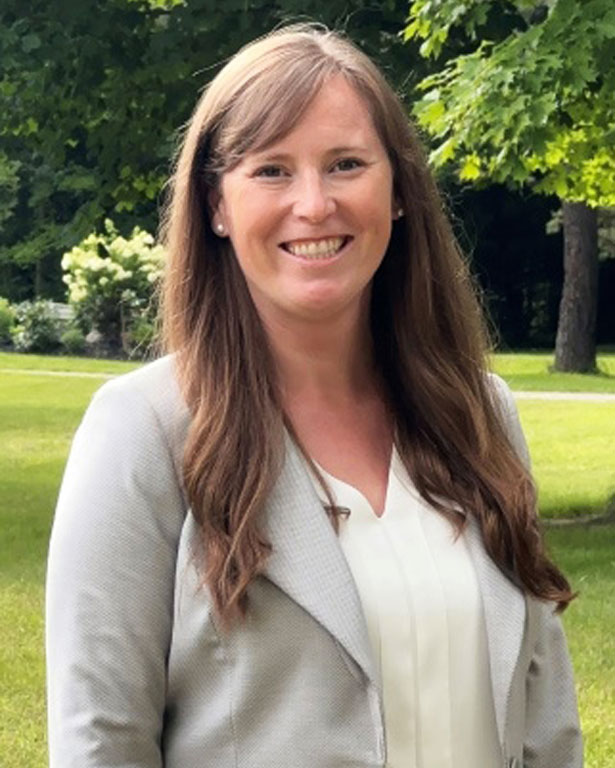Congratulations to Jody Hodgins, PhD candidate in the Department of History, for receiving the Doctoral Research Award from the Associated Medical Services (AMS) History of Medicine and Healthcare (HMH) program.
Since the 1970s, AMS Healthcare, with the help of many partners, has worked to elevate the History of Healthcare’s standing in the academic community and beyond. The AMS History of Healthcare Awards Program promotes scholarship, teaching and public interest in the history of healthcare, disease and medicine. Healthcare professionals, students and researchers can apply for three types of awards: Post-Doctoral Fellowships of $45,000, Doctoral Research Awards of $25,000, and Project Grants of up to $10,000. The program aspires to convene networks, develop leaders and fund crucial activities in medical history, healthcare research, education and clinical practice.
Hodgins is one of eleven 2023 research grant and fellowship award recipients selected by an expert review panel. These outstanding scholars will act as leaders to enhance the impact and value of the History of Healthcare research in Canada and beyond as well as a source of lessons that will help shape Canadian healthcare in the future.
“I am grateful to AMS Healthcare for their support of the History of Medicine community and honoured to receive this award alongside such a company,” shares Hodgins.

Jody Hodgins
Her project, titled “Meeting Demands for Animal Healthcare: Veterinary Medicine in Rural Southern Ontario, 1862-1939,” will explore the interdependence between animal, human and environmental health to show advancements in public health and the role veterinary medicine had in shaping our current understanding of modern medicine and healthcare practices.
Hodgins examines four key developments that occurred between 1862, marking the establishment of the Ontario Veterinary College, and 1939: 1) the production of animal health knowledge in popular sources; 2) the need for veterinary intervention with unrecognizable diseases that could transfer from animals to humans; 3) the popularity of quack medicine; and 4) the technological advancements available with the rise of professionalization.
“I am thankful for this opportunity and the support of my Supervisor, Sean Kheraj, and committee members, Jennifer Bonnell and Colin Coates, whose invaluable guidance will help me to contribute a history of veterinary medicine that offers a better understanding of how people living in rural communities managed health before professional veterinarians were quickly available and affordable in rural environments,” says Hodgins.
The funding for the 2024 AMS awards will open on January 8, 2024, with over 250K available. For more information on the awards please visit the program’s website.
